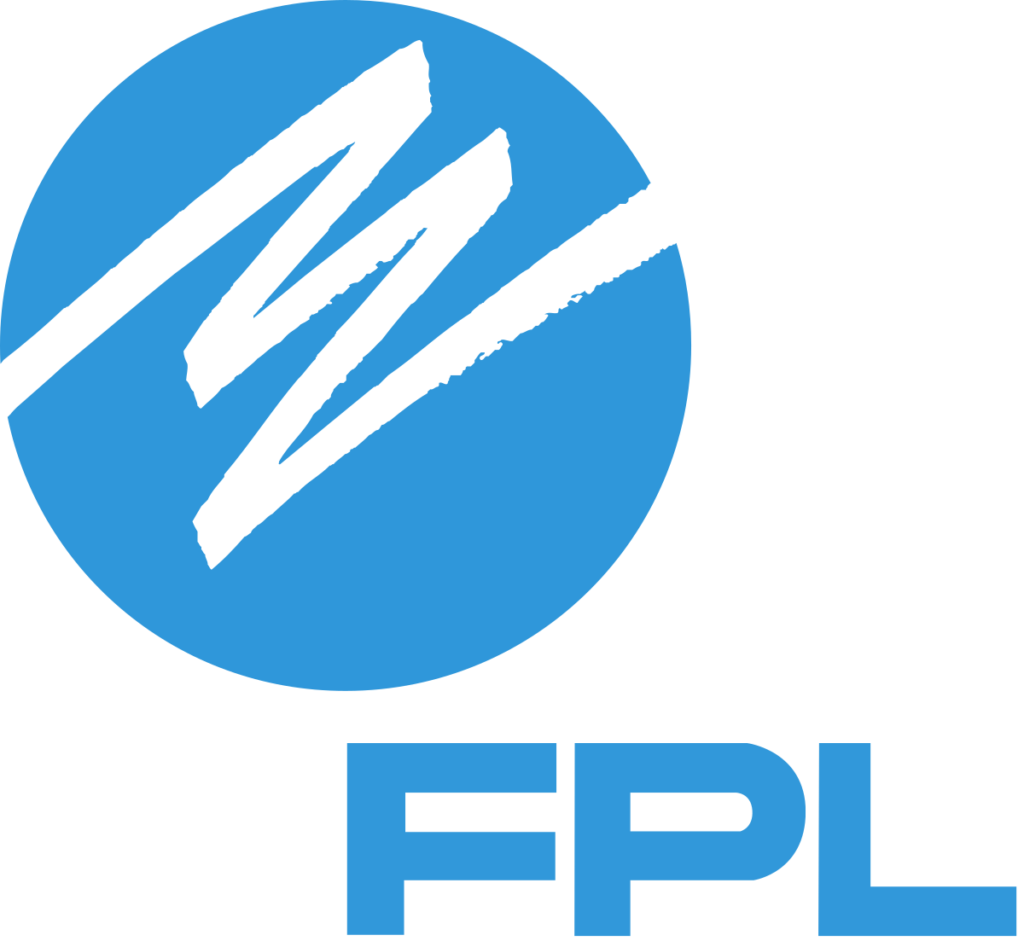 Part 2: Career Ready: How Employers are Leveraging HBCUs for Diverse Leader Talent
Part 2: Career Ready: How Employers are Leveraging HBCUs for Diverse Leader Talent
Guest presenters:
- Stephen Ball, Senior Vice President External Engagement, Wells Fargo
- Walter P. Cooper, Sr., Director of Career Education/Leadership Development Center, Tuskegee University
- Diana Nguyen, Human Resources College Recruiting and Placement Specialist, NextEra Energy
Opening Remarks: Whitney Cunningham Walker, Senior Community Relations Specialist, Florida Power & Light Company
FCAN Host: Kathy McDonald, Assistant Director for Network Partnerships
On November 10, FCAN hosted a webinar highlighting how Historically Black College and Universities (HBCUs) are preparing their students to succeed after they leave campus. The webinar also examined some of the ways businesses benefit from partnering with HBCUs.
“We highly value that diversity of thought, perspective, abilities and leadership,” said Whitney Cunningham Walker, senior community relations specialist for Florida Power & Light. “When all talent from varied backgrounds come together and are engaged, we all benefit.”
Increasing diversity is good for business
Improving diversity, equity, inclusion and belonging (DEIB) within an organization goes well beyond simply hiring a diverse group of people. Businesses with strong DEIB practices are also focused on providing an open and inclusive environment where employees feel safe, and they feel their contributions are being valued.
According to the World Economic Forum’s “Diversity, Equity, and Inclusion 4.0 toolkit,” companies leading their industry and geographical region in DEIB are between 25% to 36% more likely to outperform on profitability and boast up to a 30% greater ability to spot and reduce business risks.
Stephen Ball, senior vice president of external engagement for Wells Fargo, said HBCUs are especially well-positioned to develop impactful workers.
“They really emphasize building leaders,” Ball said of HBCUs, noting their lower student-to-faculty ratio. “In terms of job readiness and preparation, I would argue that HBCUs are just as strong as anyone because you get that individual attention and that individual emphasis on leadership.”
Preparing HBCU students to succeed after college
Walter P. Cooper, Sr., director of career education for Tuskegee University’s Leadership Development Center, said that while many students graduate with the technical skills necessary to get a job, they often lack the employability skills (or “soft skills”) that they need to thrive in their position.
“We are purposely engaging our incoming freshmen and providing them with opportunities for them to develop these (employability) skills,” Cooper said. “We take any opportunity to help talented students along their career pathway.”
Cooper added that institutions like Tuskegee University — an HBCU in Alabama — must be strategic with the partnerships they create with businesses and other organizations.
“We get calls every day from people wanting to engage with our students and wanting to engage with our institution, but it’s about trying to find the right fit,” he said. “This is not a one-and-done. We look to build relationships and partnerships that will be self-sustaining and beneficial to our students.”
How HBCU students can be a valuable resource for employers
Diana Nguyen, human resources college recruiting and placement specialist for NextEra Energy, said her company supports students at the postsecondary institutions they partner with — including 10 HBCUs — through services like resumé reviews and job interview preparation, in addition to offering internship opportunities.
Nguyen said she also maintains contact with interns once they’ve returned to campus, which has allowed her to establish partnerships with campus organizations and access a deeper reservoir of talent.
“They came to work for us, we loved the work that they did, and we want more students like them,” Nguyen said. “If they can introduce us to their network of friends and other students, it really does help us when we are recruiting.”
This webinar was made possible by the generous support of:
Show Notes
To learn more about leveraging HBCUs for more diverse talent — or to view the recording and download the presentation — take advantage of these resources:
Be sure to visit our Past Webinars page for access to recordings and downloadable material from FCAN’s previous presentations.

